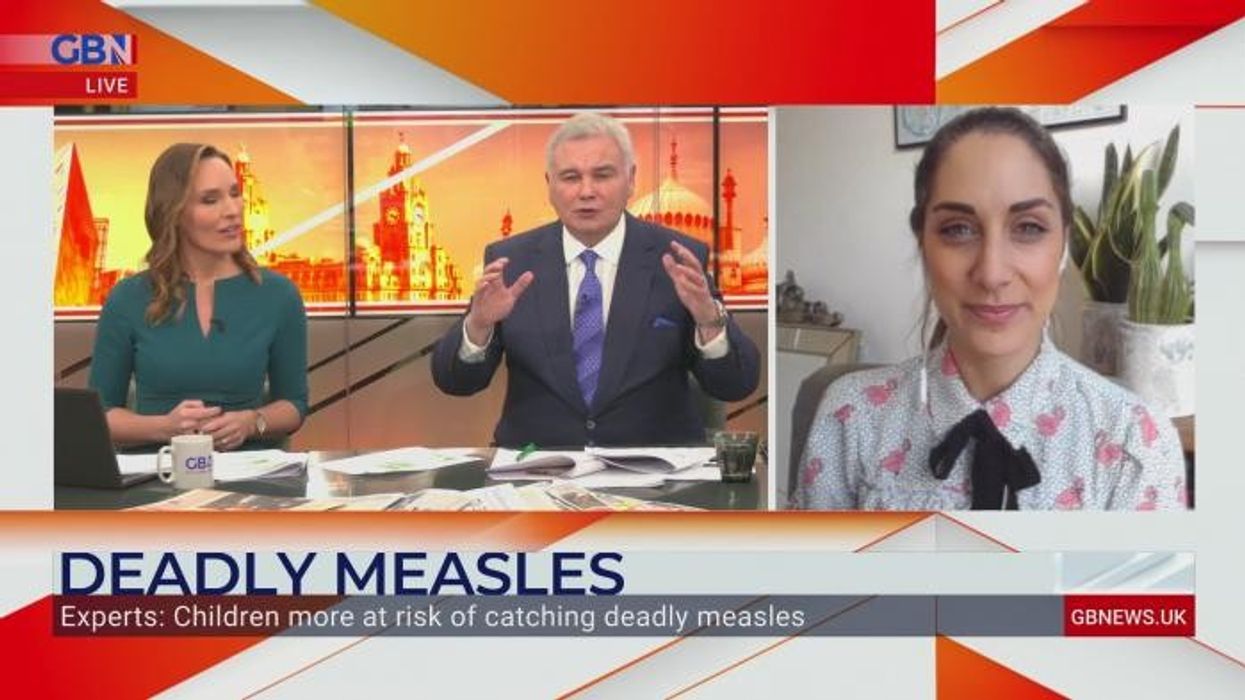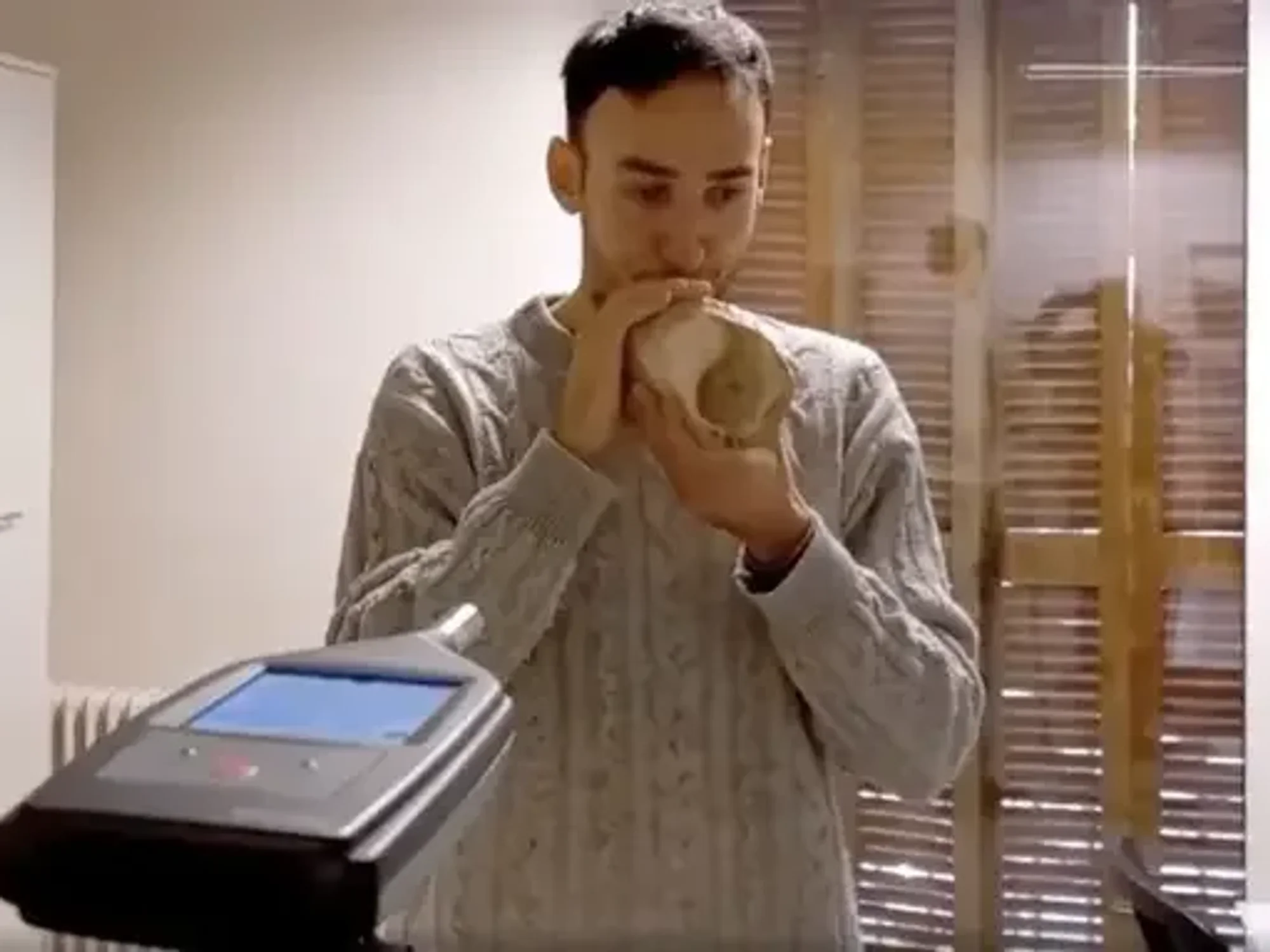Measles warning: Health expert cautions hundreds could die without major boost in vaccination

Two significant disease surges might occur if immunisation levels persist at current rates, according to a recent analysis
Don't Miss
Most Read
New research from Imperial College London has calculated that measles could claim 480 lives within the next two decades if immunisation levels don't rise significantly.
The university's Jameel Institute developed models showing approximately 390,000 infections could occur based on vaccination coverage hovering near 90 per cent.
Professor Katharina Hauck, who serves as the institute's deputy director and specialises in health economics, spearheaded the analysis.
**ARE YOU READING THIS ON OUR APP? DOWNLOAD NOW FOR THE BEST GB NEWS EXPERIENCE**

The projections represent a worst-case outlook
|GETTY
The projections represent a worst-case outlook, presuming authorities won't intervene during disease surges and immunisation uptake remains static.
Infants younger than one year would account for many of these preventable fatalities, according to the research findings.
Britain's immunisation coverage currently stands at approximately 85 per cent for both MMR doses, falling short of the World Health Organisation's 95 per cent threshold needed to prevent virus transmission.
The capital faces even lower rates, with just 70 per cent of children receiving both doses between January and March 2025.
These concerning statistics follow a tragic incident at Liverpool's Alder Hey Children's Hospital, where one child lost their life to measles, while others became critically unwell.
The Royal College of Paediatrics and Child Health has declared the nationwide vaccination decline "extremely concerning" and called for immediate government intervention across Britain.
The financial burden of potential measles epidemics could reach £290 million across two decades, combining hospital treatment expenses with economic losses from workforce absences.
The Imperial College analysis indicates that two significant disease surges might occur if immunisation levels persist at current rates.
Dr Vanessa Saliba, a consultant epidemiologist at the UK Health Security Agency, stated: "You can argue on the size of the outbreaks, [but] we all agree you are going to see outbreaks.
"It's not a surprise what we're seeing at the moment, so it's very important we work as a system to reverse that trend."
The UK Health Security Agency has already adjusted immunisation schedules, allowing children to receive their first MMR dose at 18 months rather than three years.
LATEST DEVELOPMENTS

The virus is highly contagious, with children at greater risk of infection
|GETTY
NHS England's catch-up programme delivered 180,000 additional vaccinations during 2023-24.
Professor Hauck identified multiple barriers to vaccination, including primary care access difficulties, misinformation spread, and diminished public trust following historical medical incidents.
She proposed various solutions ranging from public awareness initiatives to improving vaccine availability.
More contentious approaches were also suggested, with Professor Hauck recommending "discussions" about compulsory immunisation policies and financial penalties for unvaccinated individuals, measures already implemented in several nations.











